
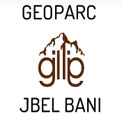

ORE DEPOSITS IN THE ANTI-ATLAS AND SUB-ATLAS REGIONS
The Anti-Atlas geological province is the host of a variety of ore deposits, ranging from Paléoprotérozoïque to Ordovician in age. These deposits are mainly Cu-Au porphyry types, precious metal epithermal (Au, Ag) or polymetallic VMS base metals (Cu, Pb, Zn, Au, and Ag), while the sub- Atlas region presents an important occurrence of manganese. Figure 8 shows the location of the most important deposits in the Anti-Atlas region.
Located in eastern Anti-Atlas, the world class Imiter Ag-Hg mine (8.5 Mt at 700g/t Ag), is among the most important deposits in Morocco. It is considered to be of epithermal origin. The silver mineralisation happened during regional extension (+/- transpession?) tectonic regime event around 550 and is hosted in a series of volcanic felsic rocks Ma (Tuduri et al, 2006). Briefly, a three-stage model has been proposed to explain the deposit: a first episode characterized by the development of quartz, pink dolomite, and Ag-rich minerals veins formed during a dextral transpressive event, followed by a barren stage associated with a normal left-lateral motion that re-opened previous structures, and a final alteration stage (i.e. supergene enrichment) that contributed to local enrichment in Ag deposit (Tuduri et al, 2006).
Regarding copper, Bleida was the most important Cu deposit of northern Africa until late 90’s. Located on the northern edge of the West African Craton, the Bleida orebodies are located on an inactive continental margin along with preserved ophiolites of Upper Proterozoic age. The copper deposits (chalcopyrite, bornite, pyrite) are stratiform distal massive sulfide bodies whose position is controlled by both the sedimentation of shales and an acid volcanism, which follows a more important basic volcanism. Pan-African deformation (650-600 Ma) has determined the current geometry of the cupriferous lenses although it has not remobilized the sulfides out of their original carrier beds (Leblanc and Billaud, 2006). West of the main Moroccan Bleida copper deposit, gold mineralization has also been discovered (West Bleida, ca. 3 tonnes metal Au). It is hosted by metamorphosed and deformed mafic to intermediate volcanic rocks that are part of the Neoproterozoic tholeiitic volcano-sedimentary series forming the stratigraphically upper part of the Bou Azzer ophiolite sequence. Gold mineralization primarily occurs
as deformed gold-bearing quartz veins and disseminations in Cu-rich chert zones (chalcopyrite– malachite), Fe-rich lithofacies and breccia zones. Gold is accompanied by small amounts of copper sulphides (<1% modal chalcopyrite).
Another important occurrence (not displayed in the map, Fig. 8) is the Imini Manganese deposit, the most important Mn deposit of Morocco, located in the western margin of the Ouarzazate foreland basin (Sub-Atlas). The manganese ore is made of pyrolusite (MnO2), and is hosted in different horizons of dolomites from the lower Cretaceous, and another accessory layer. This layers thickness can reach up to 1 meter. The deposit scale is 25 km per 100-400 m width, and sits above slates and crystalline rocks. Dolomitic sandstone and/or conglomerate are present between each mineralized horizon. Isabel von Steinaecker; source: http://www.geo.tu-freiberg.de/oberseminar/os03_04/Isabel_Steinaecker.pdf).
Figure 8: The Anti-Atlas belt at the northern limit of the West African Craton. Redrawn after Dallmeyer and Lecorché (1991) and a geological sketch map of the Anti-Atlas belt in southern Morocco and location of main ore deposits. SAF: South Atlas Fault. Gasquet and al. (2005)
Source web par unige.ch
Les articles en relation

Sahel: trop de préjugés à l’encontre des éleveurs nomades
Sahel: trop de préjugés à l’encontre des éleveurs nomades C’est une première en Afrique. Une étude sur la perception de l’élevage nomade dans les médias a &eac
Savoir plus...
Le curcuma fait ce que la chimio ne peut pas faire: il bloque naturellement la croissance du cancer
Le curcuma fait ce que la chimio ne peut pas faire: il bloque naturellement la croissance du cancer Le curcuma est une ancienne médecine ayurvédique qui a été utilisée pendant des siècles dan
Savoir plus...
Développement : Les atouts touristiques de Guelmim présentés à Top Resa (Géoparc Jbel Bani)
Développement : Les atouts touristiques de Guelmim présentés à Top Resa (Géoparc Jbel Bani) Le Conseil régional du tourisme de la région de Guelmim-Oued Noun sera présent &agrav
Savoir plus...
Le chat des sables
”Felis margarita”, le chat du désert Totalement adapté à la vie dans le désert du Sahara marocain, ce mammifère, dont l’existence est jugée en danger par l’UICN, reste
Savoir plus...
Géoparcs mondiaux UNESCO
Géoparcs mondiaux UNESCO Les géoparcs mondiaux UNESCO sont des espaces géographiques unifiés, où les sites et paysages de portée géologique internationale sont gérés selo
Savoir plus...
Alfa, l’herbe du désert
Alfa, l’herbe du désert “L’alfa” (Macrochloa tenacissima) est cette plante herbacée vivace originaire des régions arides que l’on trouve aussi dans le désert. De l’Arabe
Savoir plus...
Guelmim (Géoparc Jbel Bani)
Guelmim (Géoparc Jbel Bani) Guelmim, la porte du Sahara Située sur l’oued Noun, à 130 km au nord de Tan-Tan et 56 km au sud de Sidi Ifni, Guelmim qui était autrefois une étape incontournabl
Savoir plus...
Ahwach,un Folklore mondial
FOLKLORE Ahwach est le nom de la danse des régions chleuh, autrement dit à la zone tachelhiyt (l’Anti-Atlas, le Haut-Atlas occidental, le Haut-Atlas et partant de la ville Demnat à l’Asif Mgun) Les vi
Savoir plus...
Ce que cache le cerveau d’une mouche
Ce que cache le cerveau d’une mouche Pour les non-initiés, cela ne ressemble pas à autre chose qu'à un arc-en-ciel de fils entremêlés. Mais pour les neurologues, il s'agit là d&#
Savoir plus...
Le dromadaire marocain
Dans certaines régions, il est encore utilisé comme un moyen de locomotion. Ses poils quand ils tombent lors de sa mue annuelle servent à fabriquer des tapis et des vêtements. Le lait de dromadaire bien plus r
Savoir plus...
La station spatiale chinoise se dévoile grandeur nature
La station spatiale chinoise se dévoile grandeur nature La Chine, qui prévoit de débuter la construction de sa station spatiale au début de la décennie 2020, en a présenté sa maquette
Savoir plus...
Circuit 5 jours de Guelmim vers Agadir-géoparc jbel bani
Circuit 5 jours de Guelmim vers Agadir-géoparc jbel bani Circuit de 5 jours Circuito en 5 dias - Circuit in 5 days Jour 1 - Guelmim - Amtoudi - Akka - Tata Jour 2 - Tissint - Akka Naït Sidi Jour 3 - Tagmoute -
Savoir plus...Les tags en relation
En savoir plus sur " Géologie et TSGJB - AMDGJB ! "
Consulter les vidéos de " Géologie et TSGJB - AMDGJB ! " Consulter les photos de " Géologie et TSGJB - AMDGJB ! " Consulter les publications de " Géologie et TSGJB - AMDGJB ! " Consulter les éditions de " Géologie et TSGJB - AMDGJB ! " Consulter les communications de " Géologie et TSGJB - AMDGJB ! "Recherche du site
Recherche avancée / SpécifiqueVulgarisation à la géologie
Qu'est ce que les sciences de la terre: vulgarisation Qu'est ce que la géologie ? Géologie et TSGJB - AMDGJB !
Géoparc et Recherche Scientifique
Le coins de l’étudiant
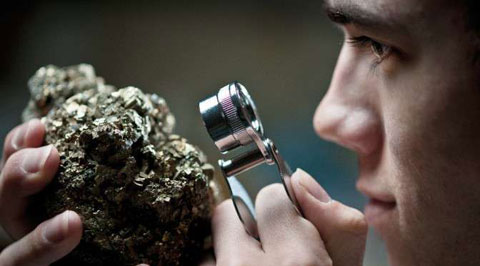

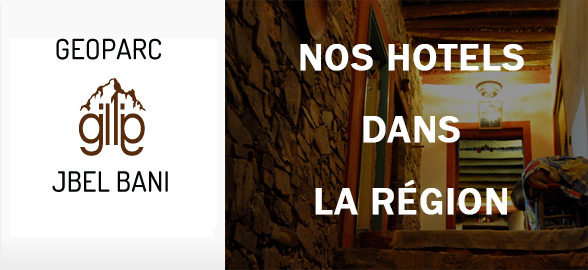
Blog Géoparc Jbel Bani
Dictionnaire scientifique
Plus de 123.000 mots scientifiques
Les publications
Géo parc Jbel Bani
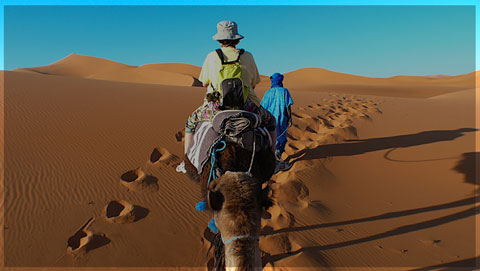
Circuits & excursions touristiques
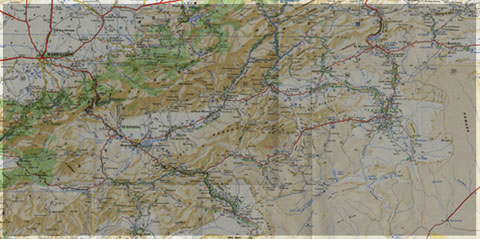
cartothéques
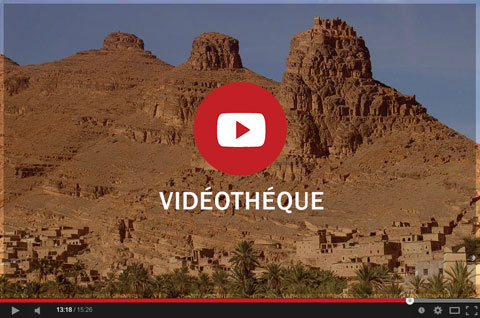
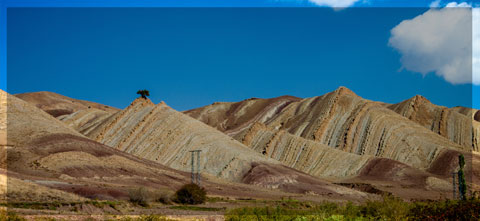
Photothéques
Publications & éditions



